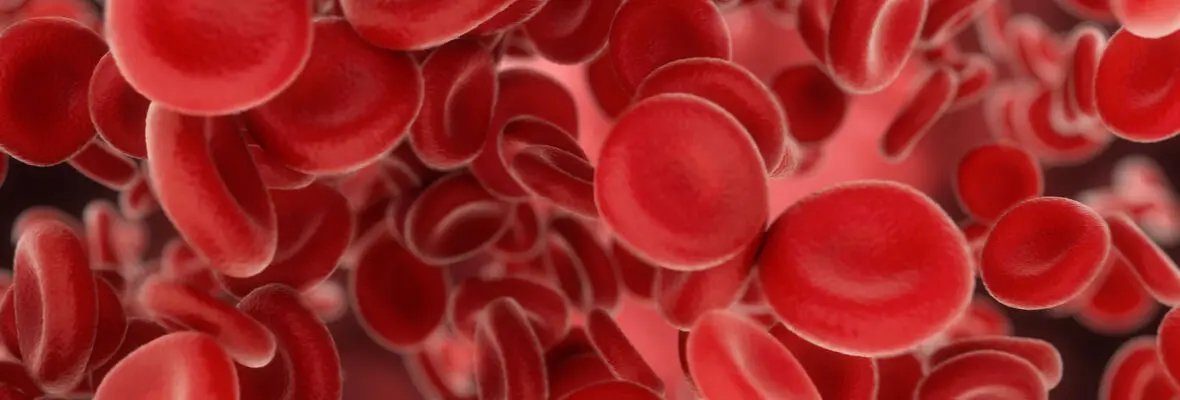Program Leadership
Lawrence Brass, MD, PhD
I have been an NIH- and AHA-funded investigator, a practicing hematologist and a mentor for medical students, graduate students, resident, fellows and postdocs since 1982. My research and clinical interests are in thrombosis and hemostasis with an emphasis on platelet and vascular biology. The currently active research efforts within my research group focus on understanding 1) how intrinsic regulators impact platelet biology and platelet-related pathology, 2) how architecture relates to function in hemostasis and thrombosis, 3) how the dense crowding-together of activated platelets fosters the local accumulation of thrombin, and 4) the ability of platelets to support vascular integrity under homeostatic conditions. I believe that these questions are best answered through approaches that combine intravital imaging, mouse models, the study of human platelets in vitro and in vivo, the use of devices that test platelet responsiveness under physiologic flow conditions, computational analysis, and the analysis of human gene variants. Increasingly, this means using a systems approach to combine increasingly large data sets on the platelet signaling network with emerging ideas about platelet activation as it occurs in the complex environment found in vivo. For this research I have been elected to the ASCI and AAP, and received the Distinguished Career Award from the International Society of Hemostasis and Thrombosis.
Peter Klein, MD, PhD
I am a physician-scientist, attending physician in Hematology, Professor of Medicine at the Perelman School of Medicine at the University of Pennsylvania, and director of the Physician-Scientist Pathway in Internal Medicine. I joined the Hematology-Oncology faculty at Penn in 1995, was a Howard Hughes Medical Institute Investigator from 1995 to 2005, and have been continuously funded by the NIH since 1997. I have mentored >30 graduate students and postdoctoral fellows in the lab, teach medical, graduate, and undergraduate students, and mentor medical residents and clinical fellows both as an attending physician on the Hematology Service and as a member of their mentorship committees. My research focuses on cell signaling mechanisms in normal and malignant hematopoietic stem cells and in early vertebrate development. I have had a special interest in how the drugs lithium and valproic acid alter cell signaling in development and in hematopoietic stem cells.
Vikram Paralkar, MD
I am a physician-scientist and a participating faculty member in the Hematology Research Training Program. I am fully committed to the training of the next generation of physician-scientists and scientists in hematology-related research. I am an Assistant Professor in the Division of Hematology-Oncology, the Department of Cell and Developmental Biology, and the Penn Epigenetics Institute. My group studies coding gene and ribosomal RNA transcription in normal and disordered hematopoiesis. Our laboratory uses a combination of patient samples, mouse models, biochemical studies, live cell imaging, and bioinformatic studies to advance our understanding of how genes involved in ribosome biogenesis are controlled across the hematopoietic tree. I am also serving as Vice-Chair (2025) and Chair (2026) of the American Society of Hematology Scientific Committee on Epigenetics and Genomics.


